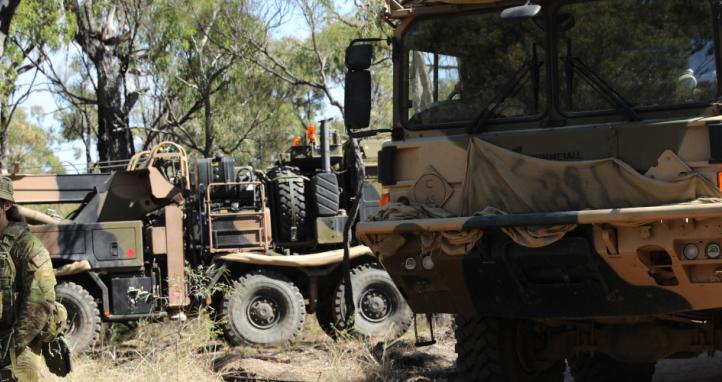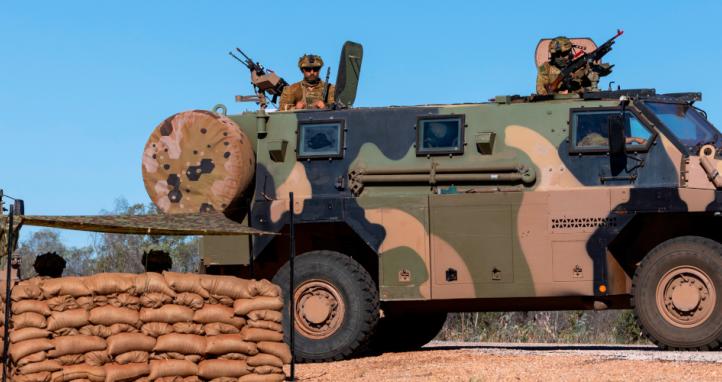WARNING: Aboriginal and Torres Strait Islander people should be aware that this article may contain images, voices and names of deceased persons.

Corporal Timothy 'Tim' Hughes was born in 1919 in Nharangga Country at Point Pearce Aboriginal Community on Yorke Peninsula, South Australia. His father was of Narangga descent and his mother of Kaurna. He served from 1939 to 1945 with 9 Platoon of the 2nd/10th Battalion. He was a ‘Rat of Tobruk,’ and saw service in Libya, New Guinea and Borneo.
Tim was awarded the Military Medal (MM) for his actions during the advance of the battalion supporting American units at the Buna Aerodrome. With his platoon pinned down by machine gun fire, he climbed on top of a dispersal bay and – despite coming under concentrated fire from three directions – threw grenades at two Japanese posts. He then protected his comrades with his submachine gun while they took cover. He made three sorties to silence the enemy’s weapons, enabling the platoon to consolidate its position.
His citation states that he “… showed remarkable bravery, exceptional coolness and initiative. His total disregard for his own safety set a fine example through the platoon and also throughout the company”. Tim was wounded at Sanananda in January 1943 and later that year promoted to corporal.
After returning from the war and discharging in September 1945, he raised various human rights concerns related to his treatment as an Indigenous Australian. Most notably, he spoke to one of the major newspapers in Adelaide stating that he was “treated as equal by his white cobbers” whilst in the military, but since his return from war found that he was treated differently and “couldn’t even lodge a vote”.
In the 1950s Tim took up a Soldier Settlers’ farm in south-east South Australia, which he named ‘Bhoodkayana’, the traditional name of the Point Pearce Aboriginal Community lands where he came from. In 1956 he received an exemption to South Australia’s Aborigines Act (1934-39) which limited their movement and access to the benefits of citizenship. In 1970 he was appointed a Member of the Order of the British Empire.
Tim was a voice for generations. His actions, and his words, proved him to be a proud Indigenous Australian who fought for his country and demanded equal rights for all.









